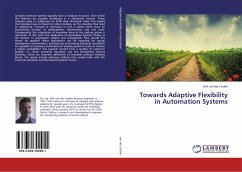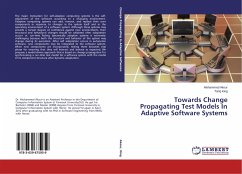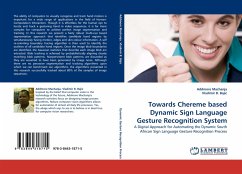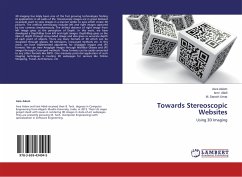Complex software systems typically have a modular structure, from which the modules are possibly developed in a distributed manner. These modules need to collaborate to fulfill their functional tasks. This implies that modules have an impact on other modules, via the coupling they need to collaborate. Changes or extensions in such a system often cause an exponential increase of development, maintenance and test costs. Consequently, the integration of innovative ideas in the existing system is restrained. In this work the application of Normalized Systems Theory in the domain of automation systems was investigated. How should this theory be applied? What implications can be expected for typical development environments, architectures and existing industrial standards? Is it possible to introduce constraints on existing system in order to achieve a higher evolvability? This research started from a number of reference models, i.e., three industrial standards and the Normalized Systems Elements, which are theoretic definitions of evolvable software building blocks. The results include software artifacts that comply both with the industrial standards and Normalized Systems Theory.
Bitte wählen Sie Ihr Anliegen aus.
Rechnungen
Retourenschein anfordern
Bestellstatus
Storno








